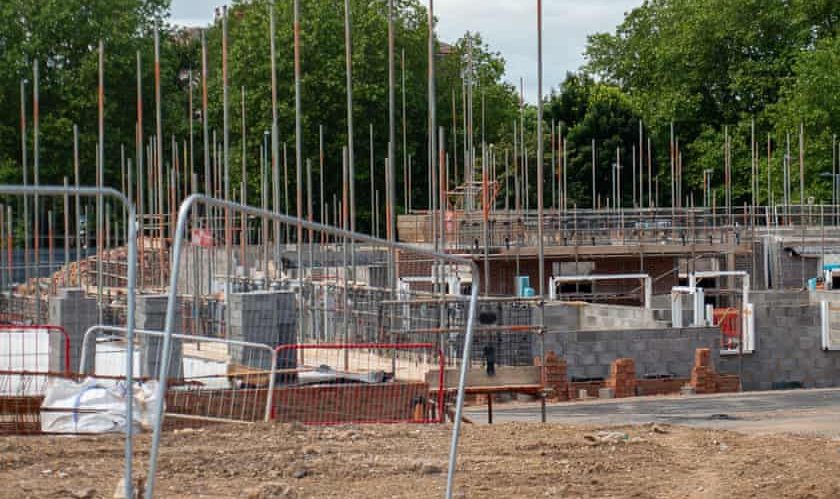The United Kingdom government’s central justification for sweeping changes to environmental protections in its controversial new planning and infrastructure bill has been dealt a major blow by its own impact assessment.
According to the analysis conducted by Whitehall officials, there is very little evidence to support the claim that environmental protections delay development.
The bill, which is currently under scrutiny, aims to fast-track housing and infrastructure projects by allowing developers to sidestep vital environmental obligations. In exchange, developers would pay into a Nature Recovery Fund (NRF), a move critics have slammed as a “licence to kill nature.”
Officials admitted that they were unable to provide robust data or research showing that rules protecting habitats and endangered species, such as barn owls, bats, otters, and newts, actually obstruct construction. “There is very limited data on how environmental obligations affect development,” the assessment reads, undermining the government’s longstanding argument that nature laws are a development bottleneck.
While the impact of one rule, nutrient neutrality, was examined, officials conceded that even this analysis lacked sufficient data. Other obligations, like protecting Sites of Special Scientific Interest (SSSIs), threatened species, and maintaining water neutrality, were not studied at all due to a “lack of data.”
Nature at risk, but for what?
The most controversial part of the bill, Part Three, would let developers offset damage to nature by funding environmental improvements elsewhere, possibly in different counties. Ecologists and economists warn this will fragment habitats and reduce local communities’ access to green space, all while offering no proven economic benefit.
“This bill puts vulnerable species at risk on the false premise that nature blocks development,” said Robert Oates, CEO of ecological consultancy Arbtech. “The government has no idea how this bill will affect wildlife like barn owls and otters, and they’ve admitted as much.”
Oates also highlighted a striking contradiction: the government claims the bill creates new solutions, yet the impact assessment states these solutions are already possible under existing legislation.
Mounting criticism over nature laws from experts, watchdogs
The Office for Environmental Protection, the UK’s environmental watchdog, has warned that the bill would strip away essential safeguards, placing protected sites in jeopardy. Meanwhile, the Wildlife Trusts have demanded urgent amendments.
“Ministers have repeatedly ignored evidence that current protections don’t delay building,” said Becky Pullinger, head of land use planning at the Wildlife Trusts. “Now their assessment confirms it. We can build homes and protect nature, but this bill won’t let us do either.”
There are also concerns about the NRF’s implementation. Officials have flagged risks around Natural England’s capacity to manage the fund effectively. If nature recovery projects aren’t delivered in time, developers could bypass crucial protections without any meaningful offset, creating a new bottleneck, this time inside the system meant to streamline it.



